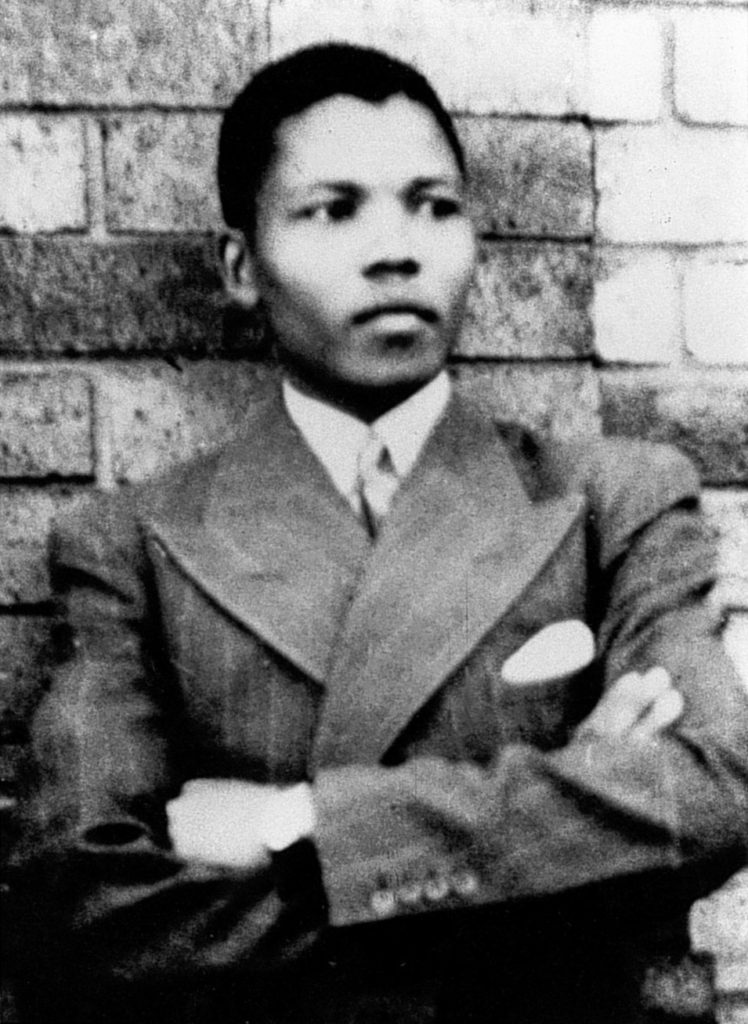By Mila Glodava
A recent Facebook post on Nelson Mandela reminded me of a short class essay I wrote about him and Roy Diaz, the protagonist of The Poem of El Cid. I thought it would be worth it to revisit that essay.

The death of Nelson Mandela brought forth an outpouring of grief and sadness around the world, sending many leaders, friends and foe alike, to South Africa to show their admiration for the former prisoner and revolutionary leader turned president. Some had called him a “man of grace,” others called him “a man of grit.” Mandela was imprisoned for at least 27 years for leading the Anti-Apartheid revolution to end racial segregation which his country has practiced for more than five decades. He was internationally admired for his success in ending apartheid and for his political rise as president. He remained humble, however, and ready to forgive his enemies. Mandela can be described as as a magnanimous and wise man, a great soul who had achieved great deeds, and deserved honor for his achievements.
Why was there such an outpouring of admiration for Mandela? I suggest that it is because society is suffering from a dramatic decline of heroes and heroism that Mandela has lived. What the young people of today have are the likes Superman and Batman who, in comics and movies, defend the oppressed and champion what is good. They are also bombarded by sports figures, celebrities and politicians who display more personal aggrandizement rather than virtuous life. With the rarity of heroes today, Mandela had, therefore, captured the hearts and minds of people worldwide.
Mandela’s life and achievements can be compared to the life of Ruy Diaz, the protagonist of The Poem of El Cid.” The Cid, too, was a man of courage, a magnanimous man, who conquered enemies in defense of his faith. He also received high honors, culminating with the marriage of his daughters to princes of Spain—indeed a just reward for his achievements. He displayed justice, too, by giving his men their fair share of the spoils from their vanquished enemies. The Cid also exhibited the virtues of prudence and temperance in his crusade against the enemies.
El Cid knew his position in society. To him, he was a vassal, and the king, King Alfonso, was his lord. When the king sent him in exile supposedly for exacting tributes from those he vanquished, and therefore, breaking the peace, he did not retaliate. Rather, he exercised the virtue of prudence by showering the king with gifts from his spoils. As a result, King Alfonso realized that the Cid was indeed a loyal vassal and not traitor. The Cid even allowed the king to marry his daughters to the Infantes of Carreon.
On another occasion, when his sons-in-law left his daughters for dead in the jungle the Cid showed the virtue of temperance by not rushing to retaliate against the Infantes of Carreon. Because King Alfonso gave his daughters in marriage, the Cid gave the king opportunity to take responsibility for his deed, and to take the necessary action for the crimes of the Infantes of Carreon. He also allowed the court to the give his sons-in-law due punishment for their crime.
Let’s hear more stories about true heroes like Nelson Mandela and El Cid!






